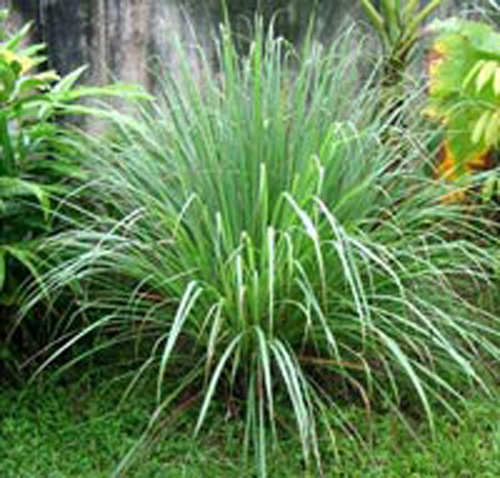Natural Mosquito Repellents |
When spring rolls around, every year we start to see the ads popping up everywhere here in Florida for mosquito repellents. The list goes on with sprays and creams that you can rub on every inch of your exposed body, to machines that you can clip belt, to things smoke around your yard.
Let's see how repellents really work. Repellents make humans less attractive to mosquitoes so that they will avoid areas of the body that have been treated with the product. Repellents do not kill mosquitoes. The best repellents will provide protection from bites for a long period of time from just one application. The University of Florida mosquito researchers test and evaluate the effectiveness of mosquito repellents based on the amount of time the product will continue to repel mosquitoes after one application to the skin. This is known as complete protection time.
|
Repellents that are available are either synthetic chemical, such as DEET, or plant derived chemicals such as citronella. Various formulations of these repellents are available the different in the amount of active ingredient, which is the substance that actually repels the mosquitoes. It is very important to read the label before using any mosquito repellent. There are different
recommendations for frequency of application for different repellents; do not apply. Check the container for an EPA approved label and registration number; never use repellents that have not been approved for use by the EPA. Make sure that the repellent label lists the insect that you need to repel; some repellents are not formulated for certain insects. Keep in mind that repellents do not protect
all users equally. The effectiveness of a repellent depends on the mosquito species that is biting as well as the age, sex, level of activity, and attractiveness of the human using the repellent.
|
The EPA has determined that the normal use of the DEET does not present a health concern to the general US population and is not classified as a human carcinogen. There are no reported adverse effects following use of repellents containing DEET even on pregnant or breast-feeding women. Most active ingredients in mosquito repellents are DEET, citronella, oil of lemon, eucalyptus,
peppermint oil, Cedar oil, and lemongrass oil.
|
Natural or organic are words used to promote safe products. Unfortunately, promotions can be misleading for the uninformed individual. "Natural" products are usually essential oils distilled from plants; those that have evolved with plans to defend the planet from insect feeding. These oils can be toxic and irritating in high concentrations. Natural repellents are not necessarily safe repellents. |








